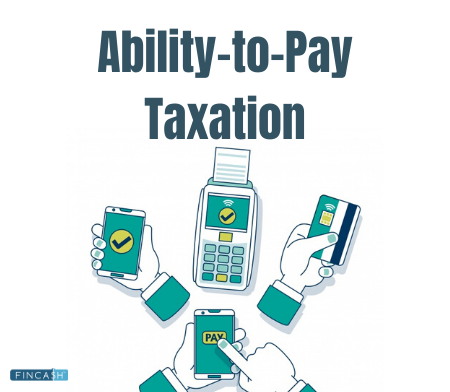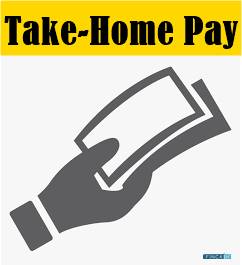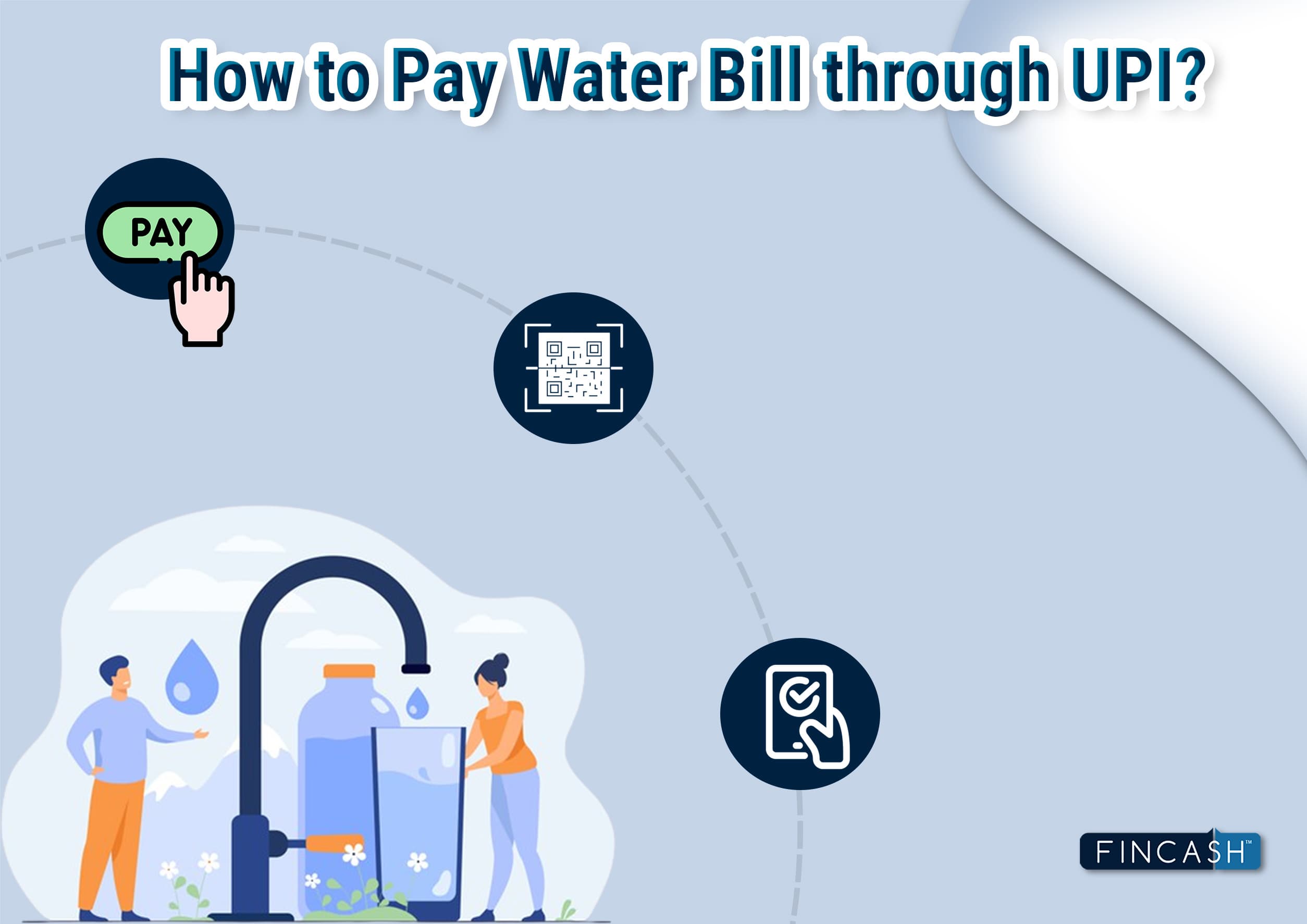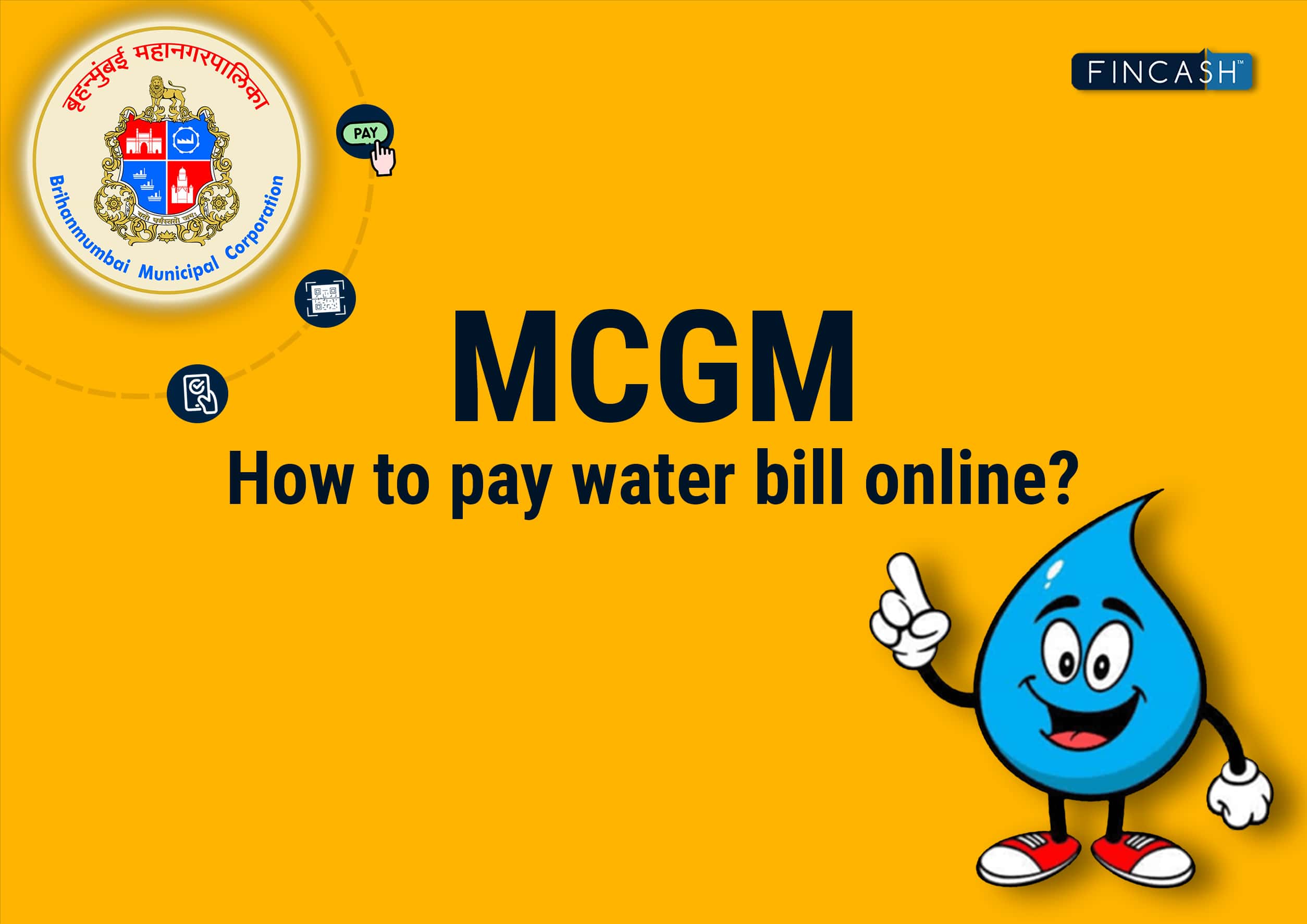
Table of Contents
Keep and Pay
Defining Keep and Pay
As mentioned above, keep and pay is a Bankruptcy technique wherein a person, who wants to retain the asset, after the bankruptcy resolution decides to follow a specific payment schedule and keeps the intentions ahead in court.
All of the exemptions in bankruptcy are for the assets that the filer gets to keep. Other assets or properties that have been non-exempted will be liquidated by the judiciary to cover the debt.

Generally, the technique of keep and pay averts people from repossessing a particular asset and get it liquidated, however, in some situations, the person gets to file a statement with a bankruptcy court, explaining that he plans to keep the asset and pay for it as well.
While sometimes this statement gets accepted, other times, people have to face rejection. Usually, creditors stay open to this plan if they have a chance of getting paid. This leads to the elimination of hassles that come with the liquidation process.
For instance, suppose a person has filed for bankruptcy and owes a significant amount on the house. Although the lender can sell the Illiquid asset; however, it is going to take a lot of efforts and time, not to mention the added cost.
Hence, in this situation, the lender should take a chance of repayment and allow the keep and pay option to the person. Likewise, if there are several assets at once, the lender may ask the filer regarding his choice and decisions for every valuable piece. Whether the person would like to retain and redeem the assets, surrender them, or keep them and pay the amount in a specific period.
Talk to our investment specialist
But the judiciary doesn’t always work according to the wishes of the person filing bankruptcy. Keep and pay, sometimes, assists with such assets that are illiquid and cannot be sold quickly to cover the debts; or with such assets that are essential for the filer.
As far as the rules of keep and pay are concerned, they vary accordingly. Mostly, the person filing for bankruptcy has to follow the rules that have been set by the state he is residing in.
All efforts have been made to ensure the information provided here is accurate. However, no guarantees are made regarding correctness of data. Please verify with scheme information document before making any investment.












